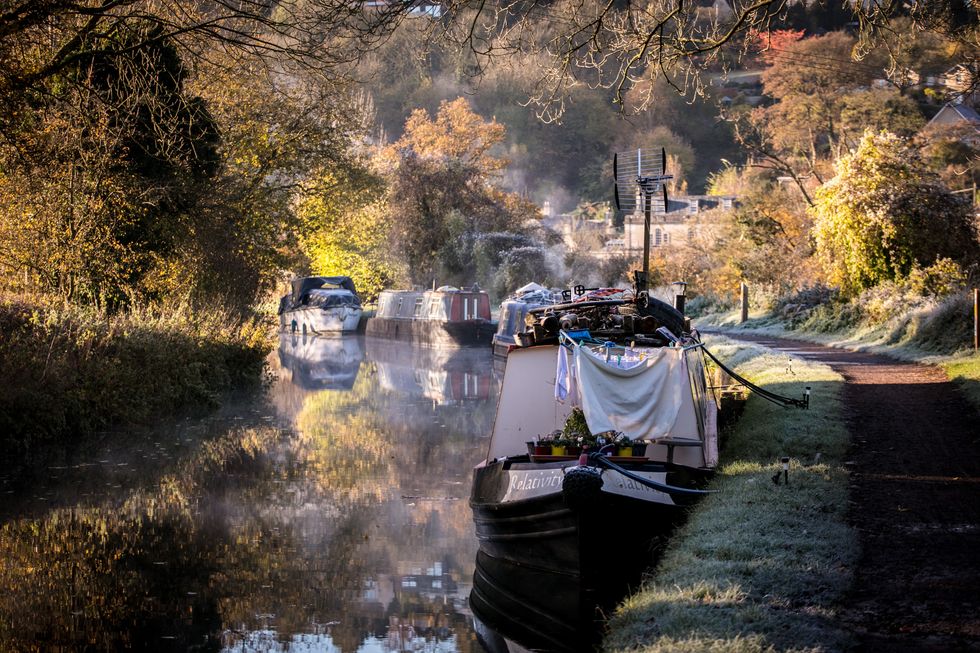Results from an international clinical trial conducted by researchers at the University of British Columbia, Canada, indicate that continued treatment with modern antidepressants may be beneficial in preventing patients with bipolar disorder from relapsing into a depressive episode.
Bipolar disorder is characterised by significant fluctuations in emotional states, cycling between intense highs (mania or hypomania) and lows (depression).
As part of the treatment, patients are prescribed antidepressants along with mood stabilizers and/or antipsychotic medications.
However, there has been an ongoing debate regarding the duration for prescribing antidepressants after the subsidence of depression.
This phase is considered maintenance treatment and aims to prevent the patient from experiencing a relapse into a depressive phase.
The lack of sufficient evidence and concerns that antidepressants might trigger mania, mixed states, or rapid cycling between mania and depression have contributed to this debate.
The trial results, published in the New England Journal of Medicine, challenge current clinical practice guidelines for managing bipolar depression globally.
The trials were conducted at various sites in Canada, South Korea, and India.
Presently, Canadian guidelines advocate a treatment duration of eight weeks after the remission of depression, while the Indian Psychiatric Society does not explicitly recommend a specific duration.
The study's findings suggest that extending the treatment period beyond current guidelines could potentially change how bipolar depression is managed.
"Some studies have shown that up to 80 per cent of patients continue receiving antidepressants for six months or longer," said Lakshmi Yatham, professor and head of the department of psychiatry at the university, and the study's lead author.
The study included 178 patients with bipolar I disorder in remission from a depressive episode following treatment with modern antidepressant drugs.
They were randomly assigned to either continue antidepressant treatment for 52 weeks, or begin tapering off antidepressants at six weeks and switch to a placebo at eight weeks.
At the end of the year-long study, 46 per cent of patients in the placebo group experienced a relapse of any mood event, compared to only 31 per cent in the group with continued antidepressant treatment.
This comparison included relapses occurring in the study's first six weeks, when treatment was the same for both the groups.
However, analysing the results from the sixth week and on when treatments started to differ, patients that continued antidepressant treatment were found to be 40 per cent less likely to experience a relapse of any mood event.
Further, they were found to be 59 per cent less likely to experience a depressive episode relative to the placebo group.
Feelings of sadness, hopelessness and loss of interest in activities, along with sleep troubles, appetite changes and suicidal thoughts are characteristic of depressive episodes.
Suicide attempts and suicide deaths have, in fact, been shown to be at least 18 times more common during depressive episodes than during manic episodes.
"Reducing the risk of relapse is important because it can provide patients with a great deal of stability that ultimately lets them get back to the activities they enjoy and can greatly improve their quality of life," said Yatham.
(PTI)






 Natural beauty and architectural splendourGetty
Natural beauty and architectural splendourGetty Peaceful waters and stone-built aqueductsLancaster Canal Trust
Peaceful waters and stone-built aqueductsLancaster Canal Trust










 Diljit Dosanjh and Prabal Gurung attend the 2025 Met GalaGetty Images
Diljit Dosanjh and Prabal Gurung attend the 2025 Met GalaGetty Images 
 Firoza and RupaliTom Bradley
Firoza and RupaliTom Bradley

